CU Boulder announces AI master’s degree on Coursera for under $16,000 — no application required
Coursera blog
APRIL 23, 2025
A masters in artificial intelligence will empower students to design ethical, responsible machine learning solutions that scale across platforms from healthcare and finance to social media and robotics.


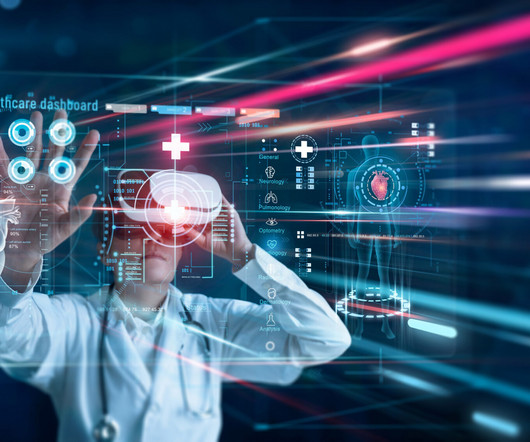
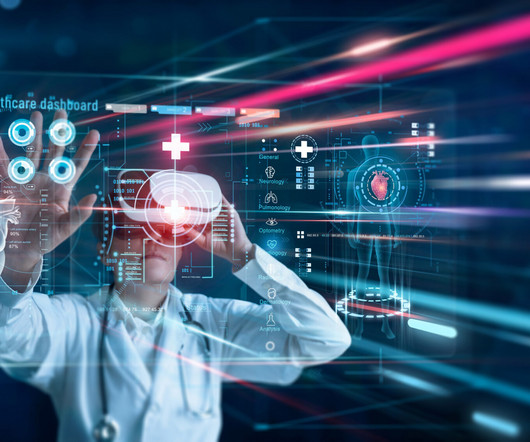


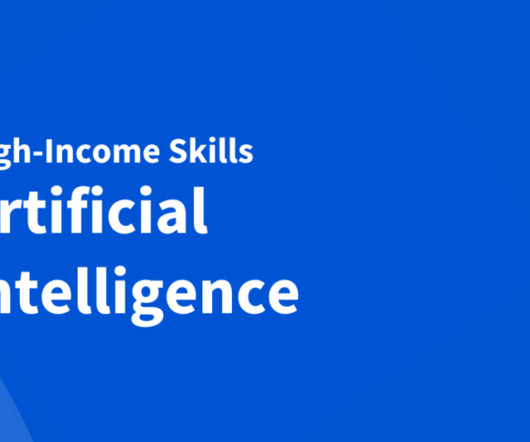
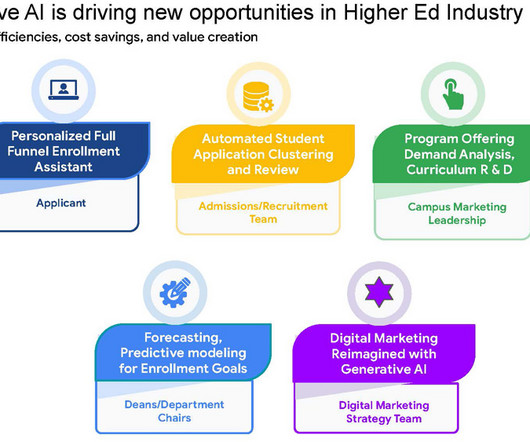
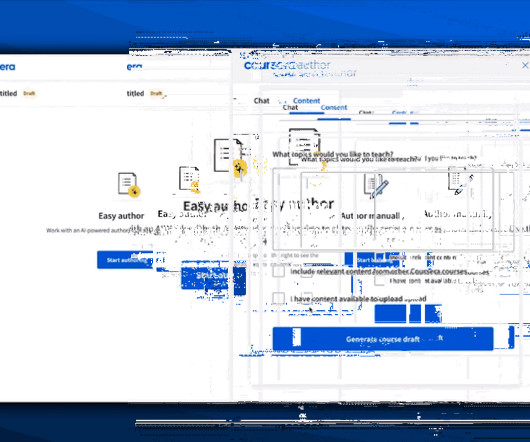







Let's personalize your content